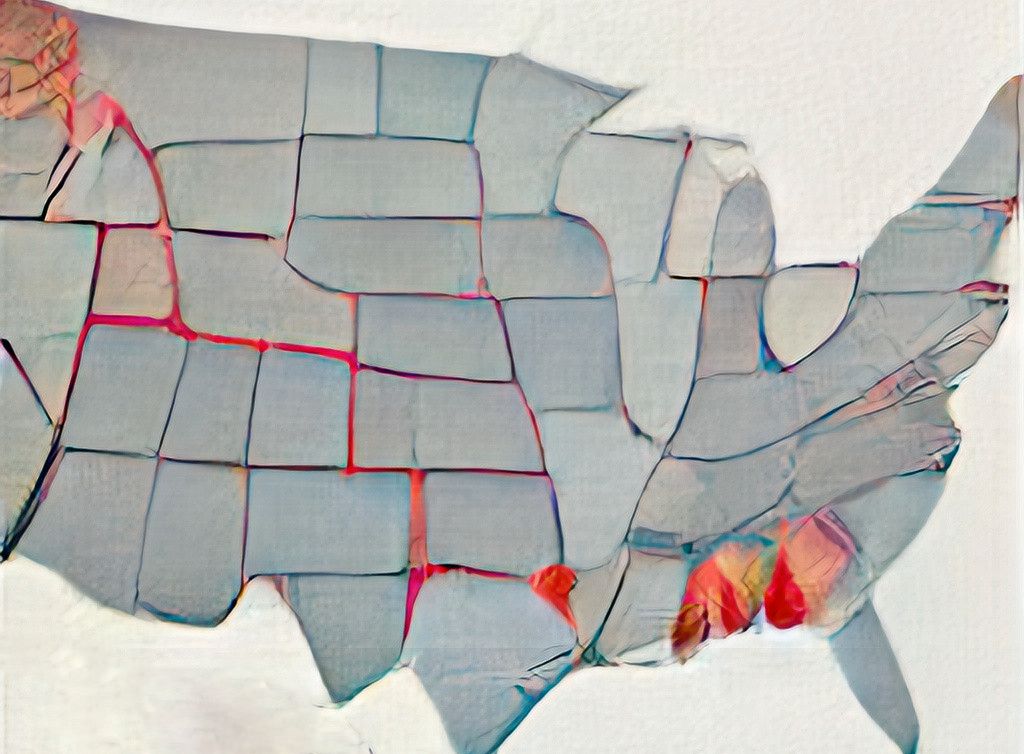Hybrid Civil War

I was recently watching Vijay Prashad's excellent talk on Hybrid Wars and US Imperialism. Have a listen for yourself to get the good stuff, but I'll do my best to summarize my takeaways.
What is a hybrid war?
The hybrid war has a lot of different names in American foreign defense policy. These names include counter-insurgency, low-intensity conflict, small wars, foreign internal defense, military operations other than war (MOOTW), and many others. The roots of this strategy within the US stretch back to the formation of the CIA and special forces, whose institutions were key in allowing the US to conduct warfare without having to mobilize entire armies on their own and therefore justify doing so to its own citizenry.
Hybrid war is clearly a general term, and the above-mentioned names do sometimes have specific nuances. However, the key aspect of hybrid war is that they allow the US to utilize military force while still remaining in the background and avoiding charges of colonialism. I think the idea of hybrid war can be described effectively as a rebranding of warfare as the tactics and actions that this term describes are largely designed with regard to ensuring certain optics while still accomplishing a specific goal (colonialism). Examples of US use of hybrid war include conflicts in countries such as Venezuela, Cuba, Albania, Guatemala, Iran, and many others.
Methods of Hybrid Warfare
Historically we can see hybrid warfare operations as individual interventions on high-value targets through assassination and blackmail, political and psychological operations through intervening in elections via bribery, propaganda, and manipulating media constructs. Finally, through the provision of economic weaponry, whether it is cutting off populations to goods and services through sanctions or providing access to advanced weapons systems and special forces consultation.
Hybrid War and Neo-Colonialism
Prashad breaks down the goals of Hybrid Warfare and US Foreign Policy into two key objectives:
Primacy
Primacy broadly references US hegemony in international relations globally. Evidence of this policy dates back to the mid-1940s as referenced in the video. This is important to note due to the scale upon which hybrid warfare must be used.
Stability
Prashad's description of stability is more challenging to follow, but my understanding is that this hegemony must not only be total but largely stable, and therefore, the mechanisms of maintaining this hegemony must be diffuse. When discussing stability, Prashad references media techniques such as grouping absurd conspiracy theories (aliens) with much more reasonable ones (America knowingly funding fascists). Furthermore, Prashad emphasizes Hybrid War as key towards stability efforts as it diffuses responsibility for the ensuing suffering that results from these techniques
Hybrid War and Auto-Colonialism
Hybrid Warfare has been increasingly scrutinized when analyzing US foreign policy, but if we are to understand the effect upon US-based communities, particularly those who must also struggle for decolonial liberation, we must imagine how these tools and tactics might be used among our own communities. The organizations differ, if only in name, when it comes to applying colonial mechanisms to US residents. The CIA is replaced by the FBI, the military with police, US aligned military with militias.
Finding examples of Hybrid Warfare in US domestic security policy is not difficult. Assassination has regularly been used, particularly in black liberation movements, with leaders such as Malcolm X, Martin Luther King Jr., and Fred Hampton having been victims of covert assassination operations.
Police and military have increasingly had hand-in-hand cooperation, if only to dispose of military equipment to small groups of officers. The number of SWAT teams has increased, and with them, covert operations to raid and destroy targets without having to mobilize large forces. In an effort to stimy insurgent organizations, police forces have increasingly utilized resources developed through special forces-led hybrid warfare operations. The police have increasingly accepted their place as a counter-insurgency force. This aligns with the US foreign policy desire to "Cubanize" conflicts, as Prashad describes. In order to maintain stability in these conflicts, the US-aligned factions must be of that community. In the Bay of Pigs, the invaders must be Cuban. In Vietnam, the US loyalists must be Vietnamese.
If domestic resistance is to succeed, it must seek to counter these Hybrid Warfare strategies by utilizing tactics generated from other decolonial struggles. In these struggles, the communities of the geographic North and South meet and become one. While many point to disparities in access to resources and infrastructure at a large scale, the violent methods of maintaining colonial relations are the same regardless of geography.